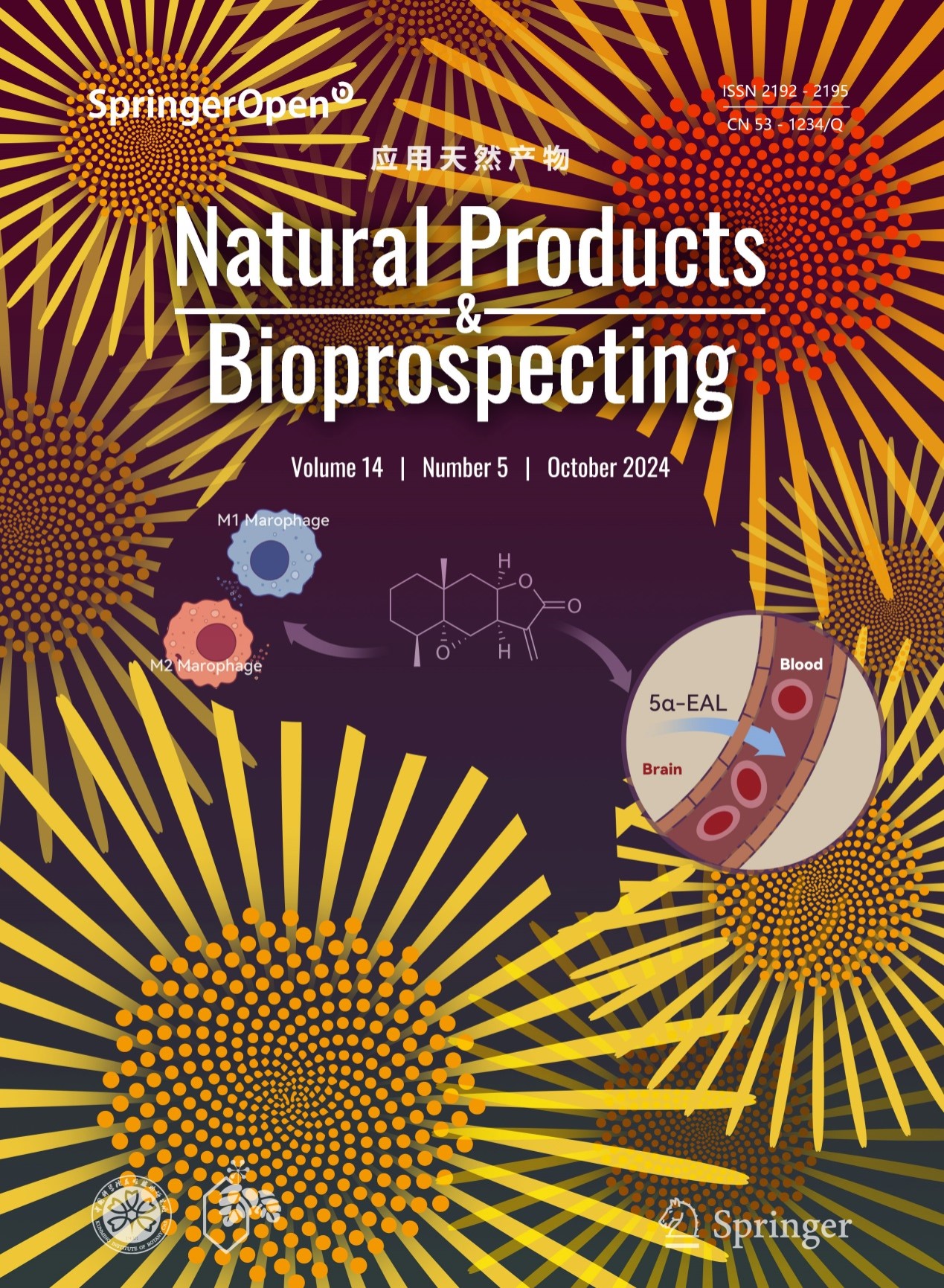
The research team led by Wei Ha and Yanping Shi investigates 5α-epoxyalantolactone (5α-EAL), a compound derived from Inula macrophylla, which exhibits significant effects against Alzheimer's disease (AD). In vitro experiments evaluated the capacity of 5α-EAL to inhibit neuroinflammatory markers in LPS-stimulated BV-2 cells, thereby demonstrating its potential as an anti-neuroinflammatory agent. Furthermore, the research confirmed that 5α-EAL can effectively penetrate the blood-brain barrier (BBB), a critical factor for drugs aimed at treating central nervous system disorders. In vivo studies conducted on AD mouse models revealed that treatment with 5α-EAL led to improvements in cognitive and memory deficit. Additionally, 5α-EAL was found to reduce acetylcholinesterase (AChE) activity in the brains of AD mice, indicating a dual mechanism of action. This paper presents 5α-EAL as a promising candidate for AD therapy, capable of alleviating cognitive impairments through multiple pathways.
https://link.springer.com/article/10.1007/s13659-024-00462-y
Read More: Natural Products and Bioprospecting
(Editor:YANG Mei)




